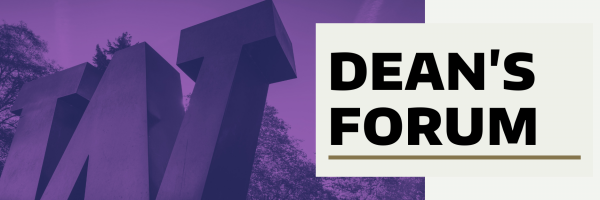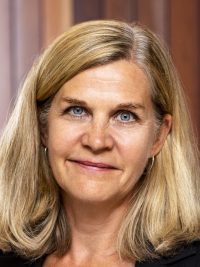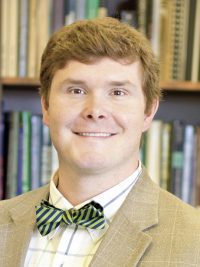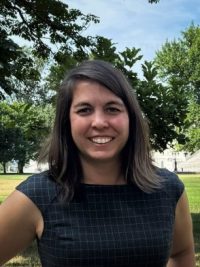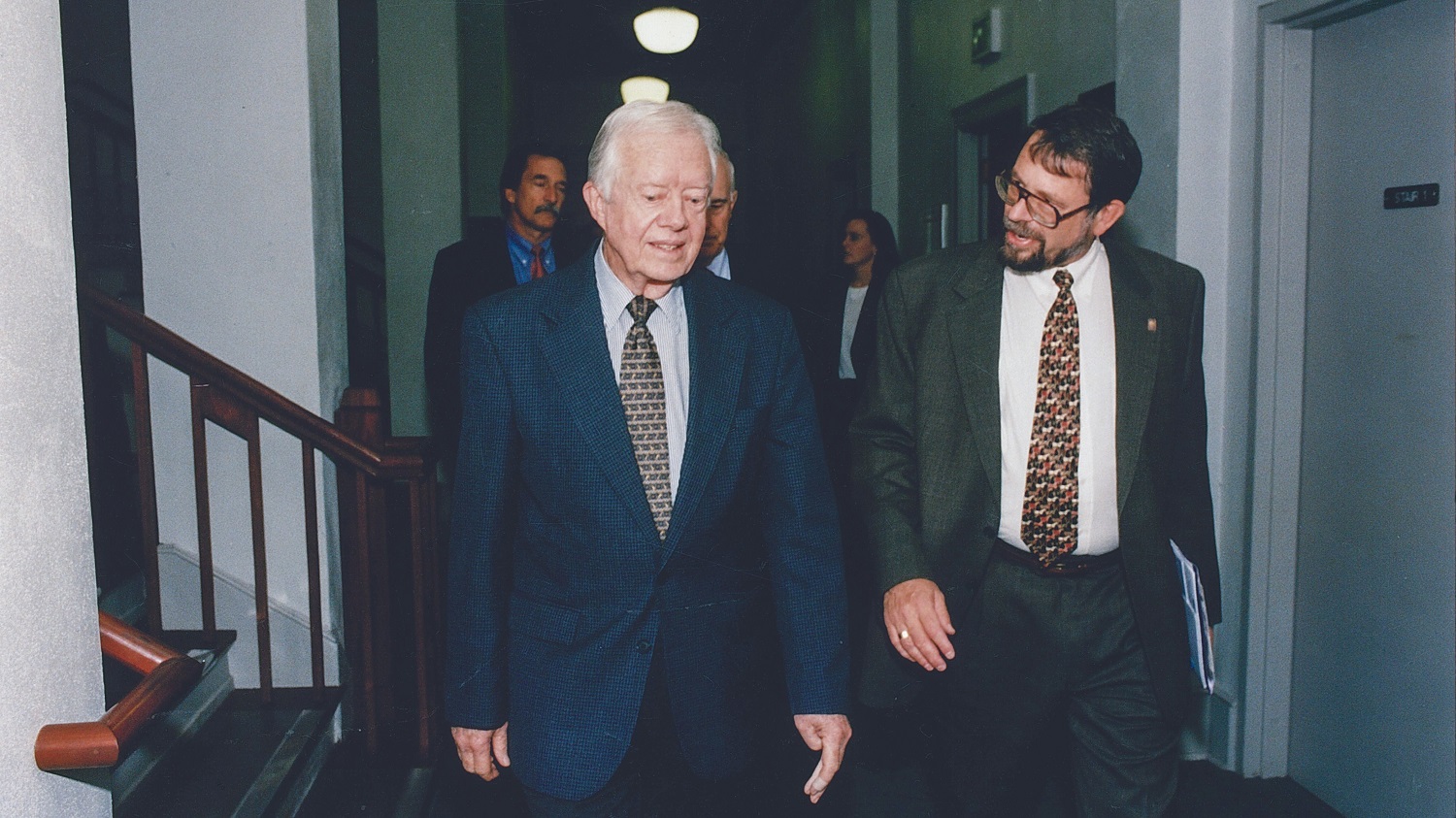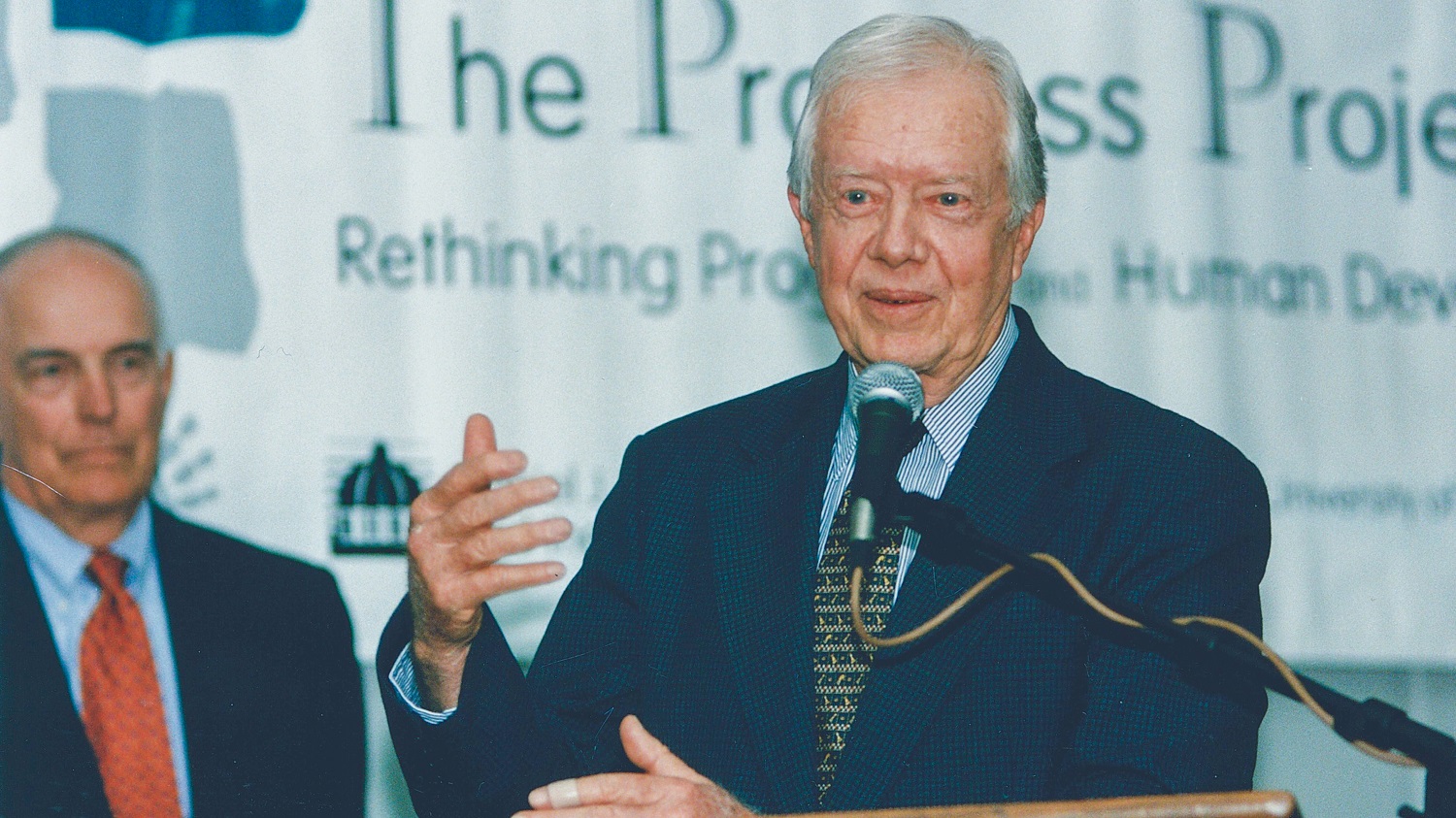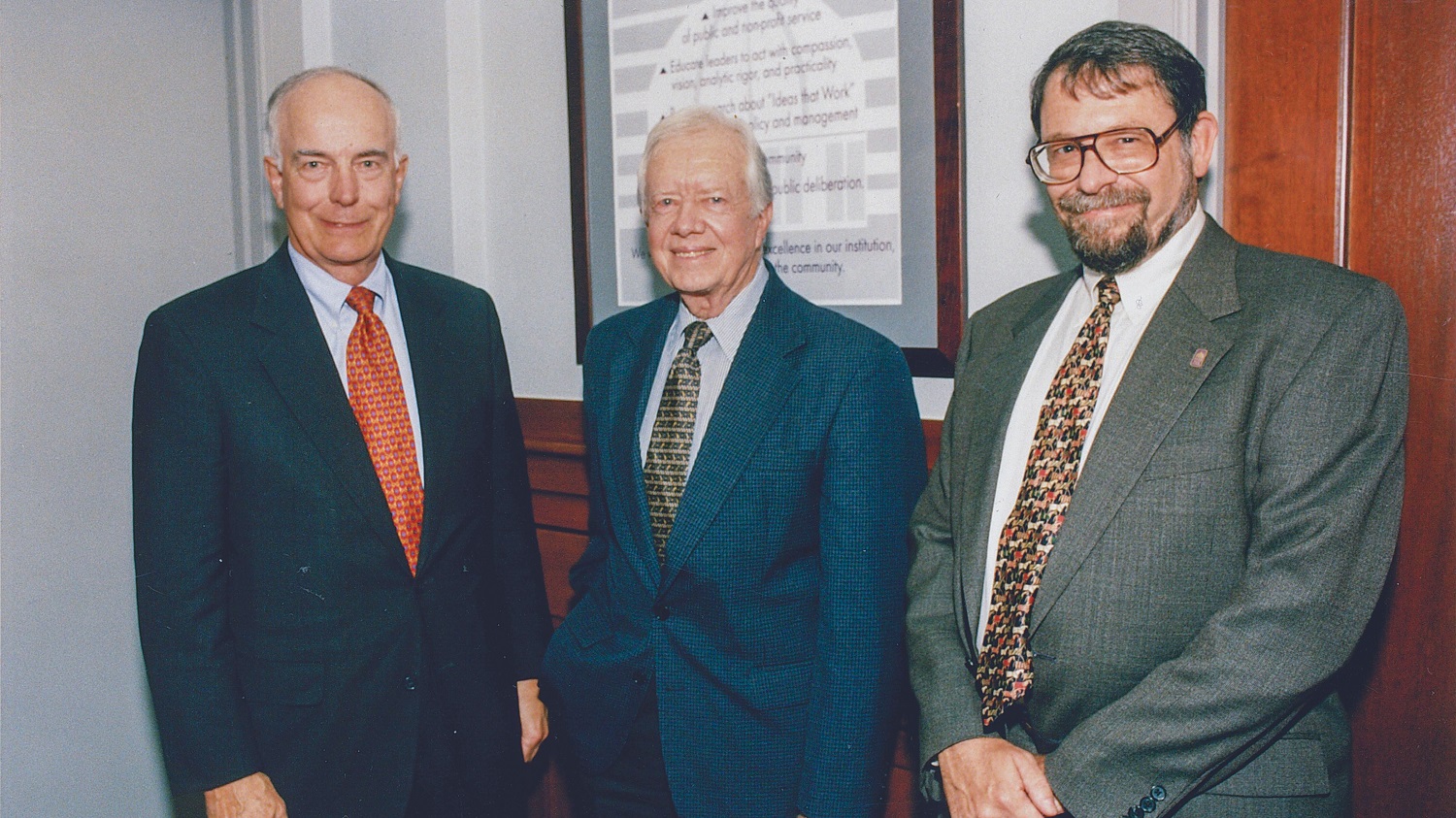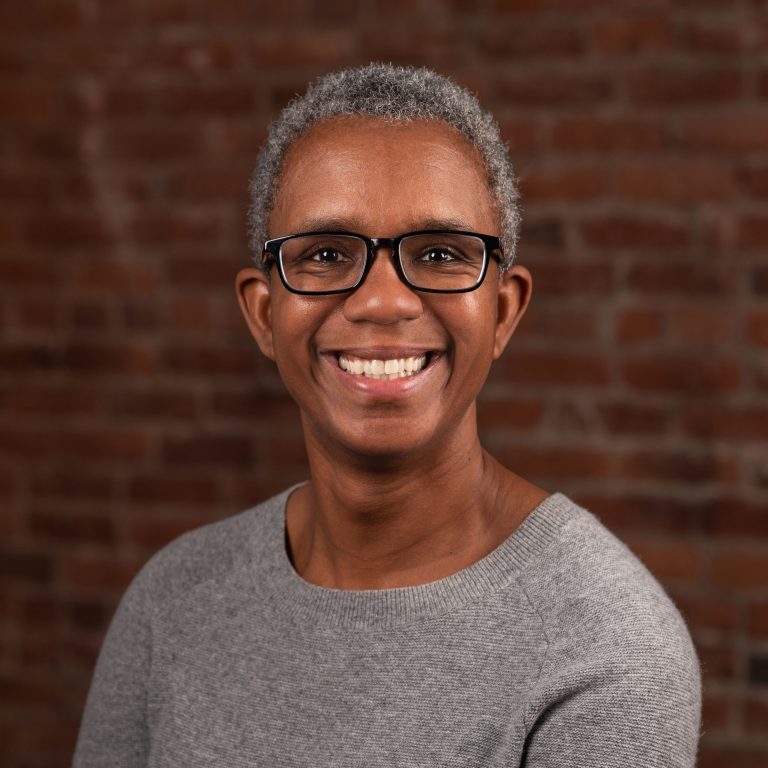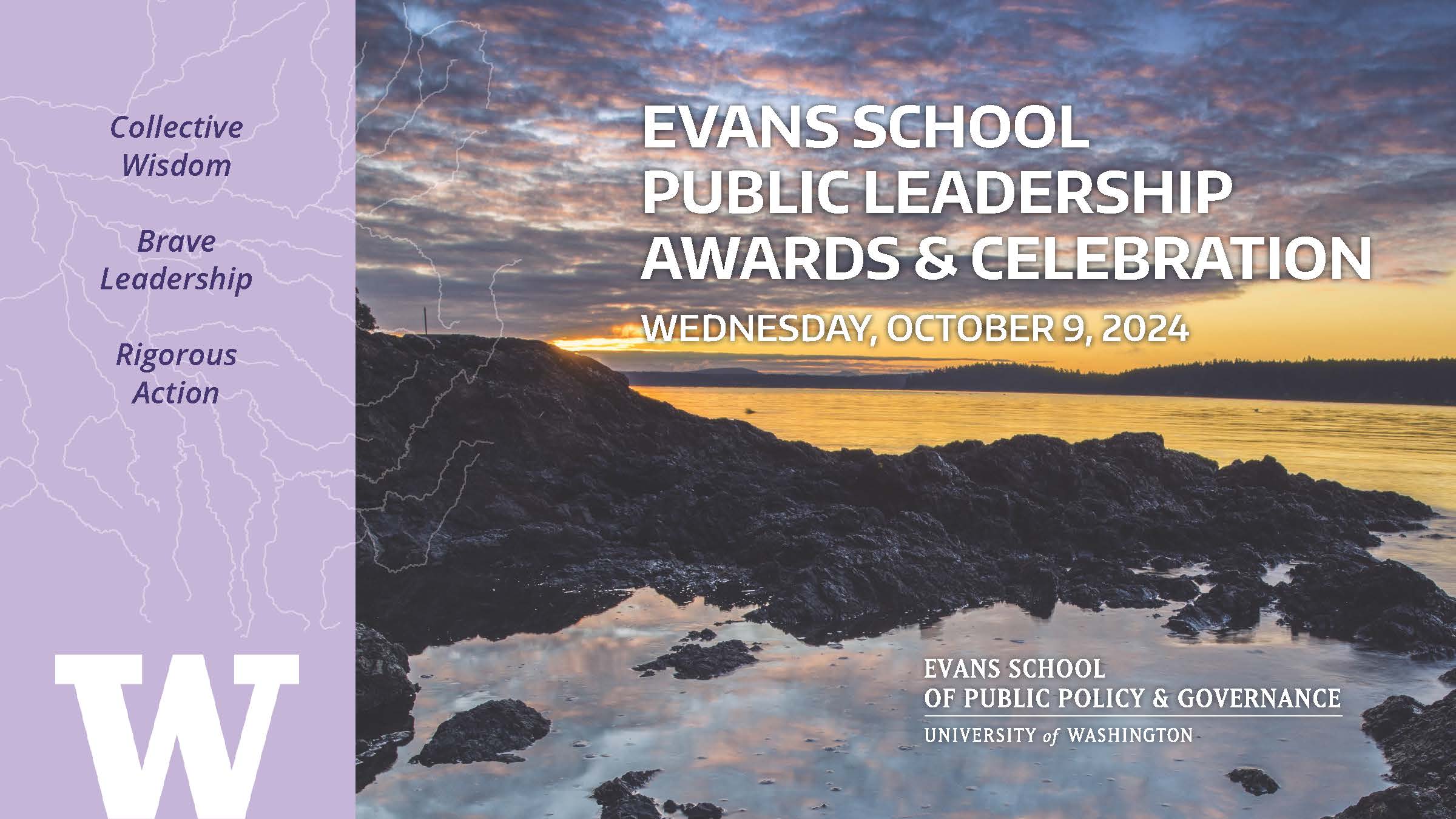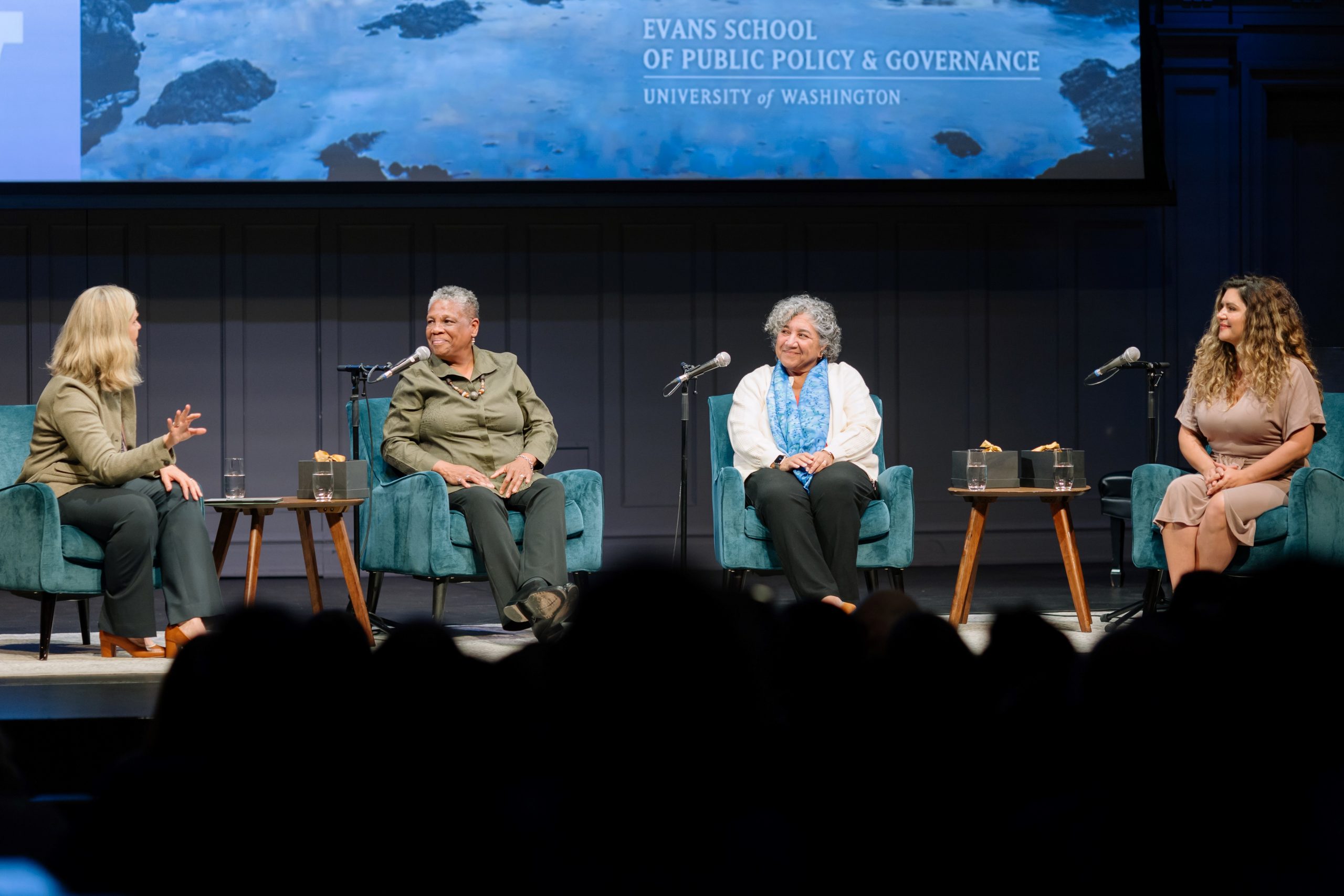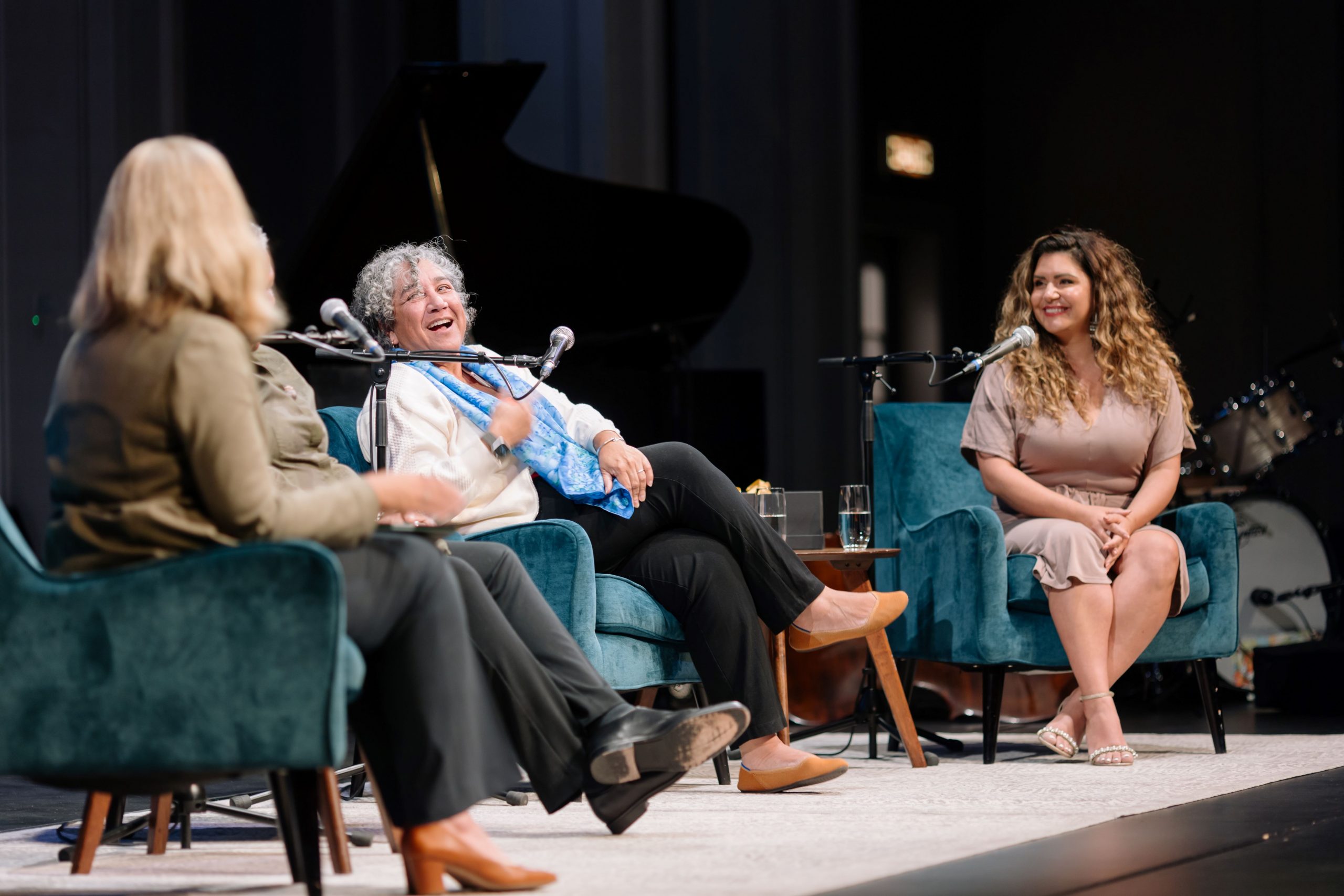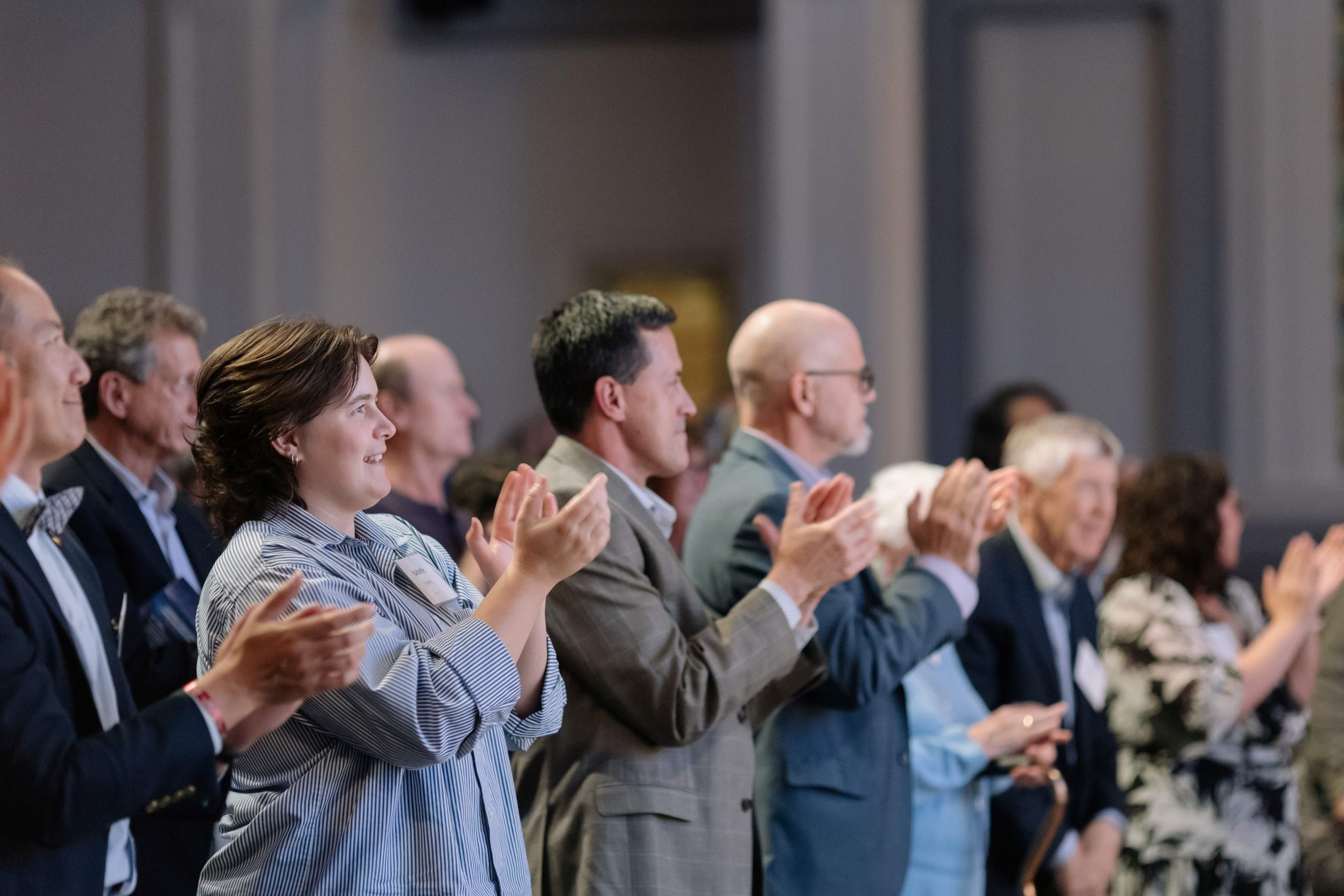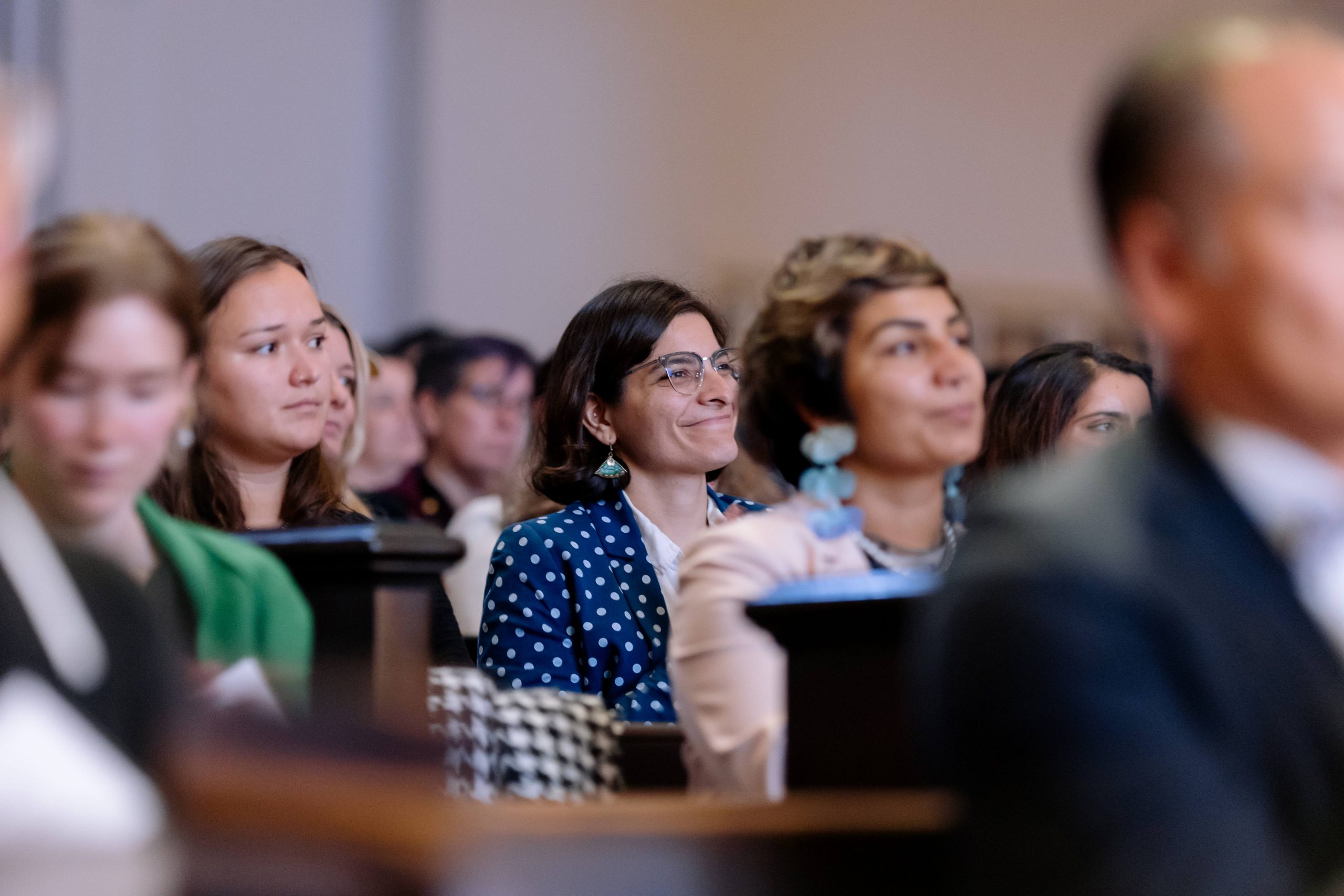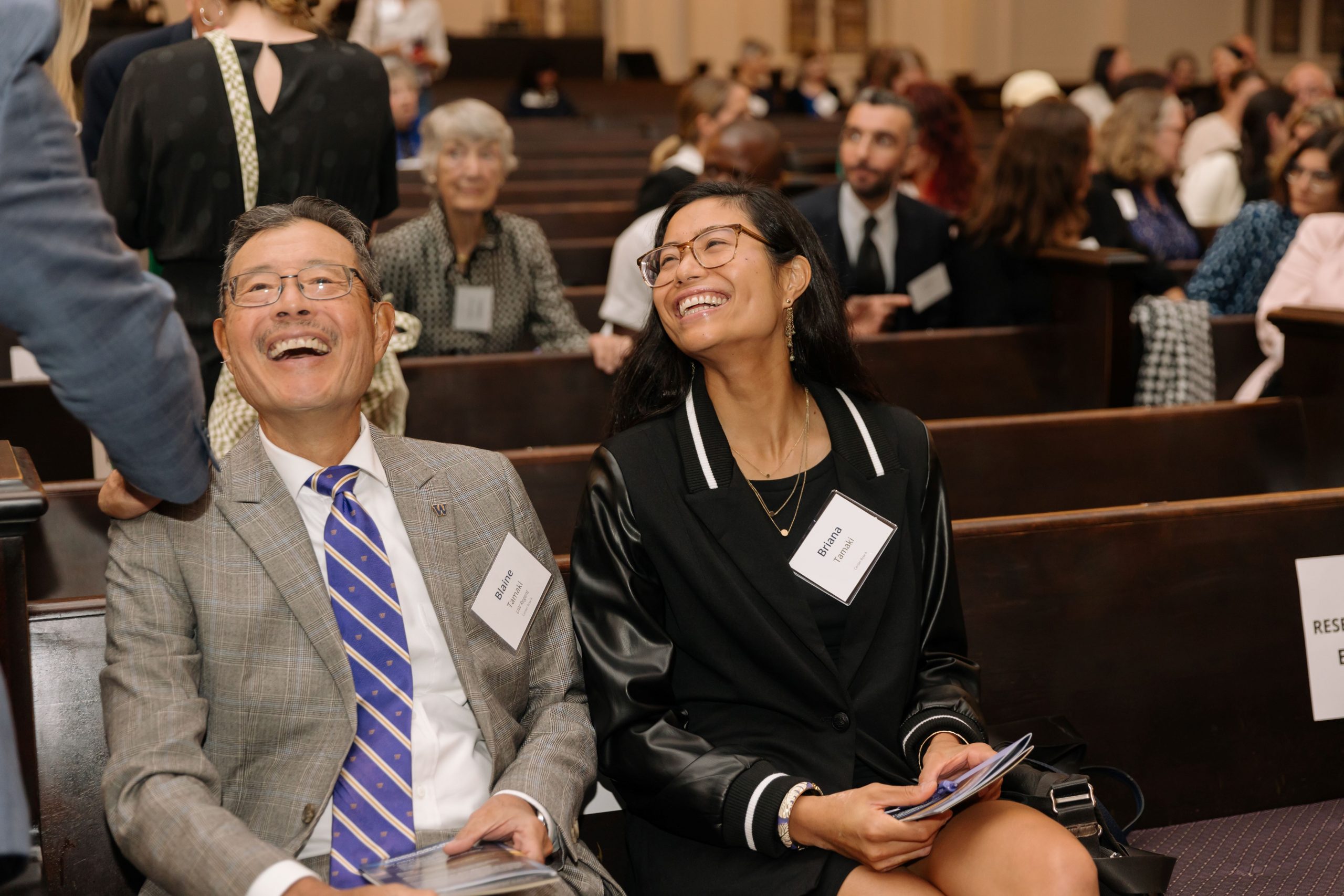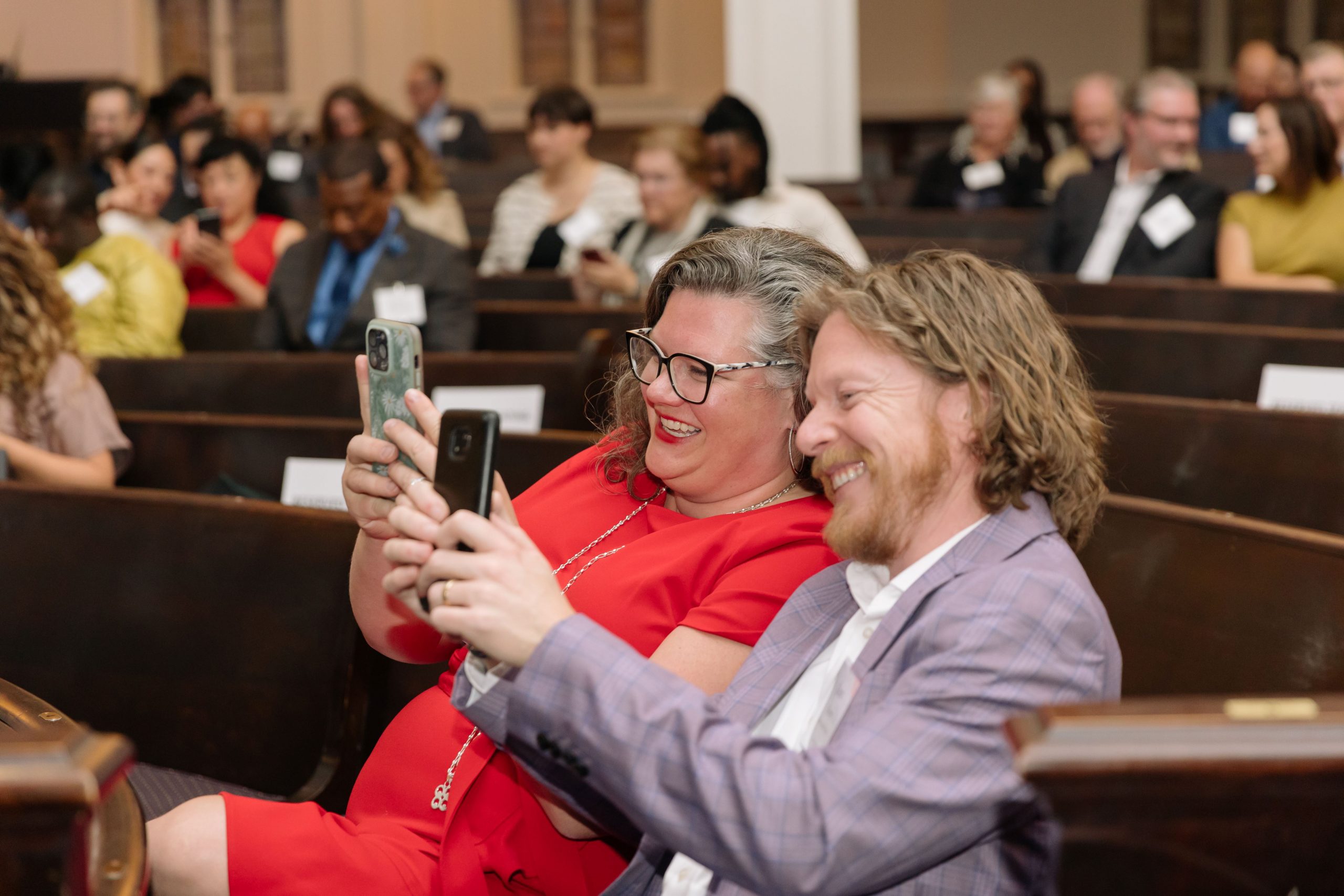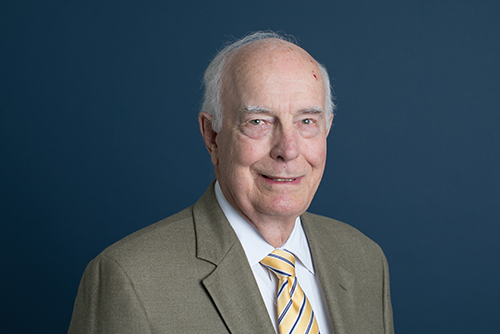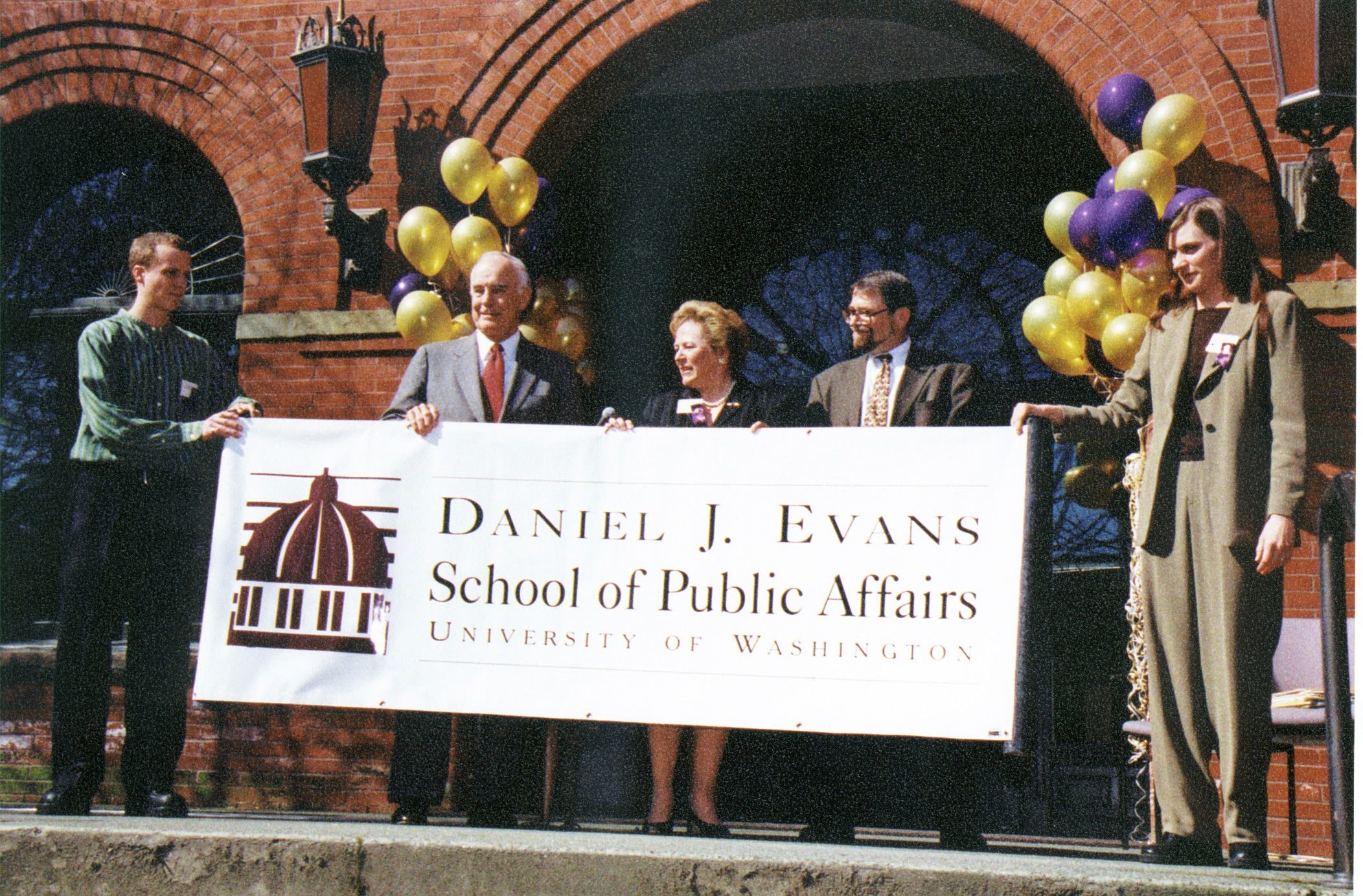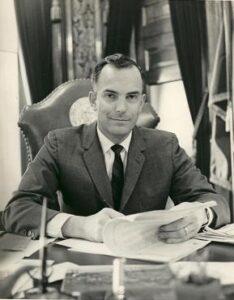The Evans School sat down with Vanisha in late-summer, after she had a chance to settle into Seattle, EPAR, and the Evans School.
Evans: Great to have you join our community at the Evans School! Much of your work examines the impact of digitization and internet expansion in rural India. What drew you to this area of research?
VS: Thank you! I moved out of India for my undergraduate degree at the University of Hong Kong more than a decade ago, where I majored in Economics and double-minored in Psychology and Sociology. Every time I visited back home, I would see a slightly greater expansion of digitization as compared to when I left. The expansion started with increasing rates of adoption of mobile phones in both urban and rural areas, and then subsequently spread to applications of smartphones such as mobile payments, linking bank accounts and social security to your mobile phone, and even agricultural advisory! This fascinated me, especially since information constraints present significant barriers to economic development, and digitization, especially digital information dissemination, is a cost-effective way to potentially address this issue. That’s how I got excited about exploring the possible consequences of expanding digitization on the Indian economy!
Evans: You recently completed an impressive review of the literature examining evidence around the potential impact of digital, or data-driven, agriculture on promoting sustainable food systems. Are there any findings from this review that stood out as particularly important?
VS: I would say the most prominent finding with digitization in agriculture and food systems is the shift of focus in literature from increasing productivity to climate resilience. With the urgency of unpredictable weather shocks, in the recent years, papers have increasingly focused on strategies that not only help improve agricultural productivity, but also make agriculture and food systems more resilient to climate shocks. Another important finding was the lack of literature on digital sustainable agriculture in developing countries, many of which are expected to face the brunt of climate shocks. Due to lack of infrastructure and investment in lower income countries, most of the empirical evidence on successes of digital agriculture are skewed because the studies are conducted in the richer countries.
Evans: One of your dissertation papers used a clever experimental design that examined how social media exposure and in-person peer interactions shaped how farmers exchanged information. Tell us more about this study design.
VS: For this paper, my goal was to estimate the effect of WhatsApp usage on farm outcomes for farmers in rural India, and compare online interactions to in-person interactions. As you can imagine, self-selection into our social networks makes causal inference of social media very challenging since members of a specific social group share many other unobservable traits that can affect outcomes. To address this, I conducted a 2-stage randomized control trial design. Since farmers within each village already know each other, in the first stage, I randomized 108 villages and for the second stage, we randomly sampled 10 farmers within each village. This allowed me to create multiple WhatsApp groups for farmers from non-neighboring villages while maintaining the balance in the control and treatment arms. Given that the experiment was conducted in the midst of Covid-19, I had to take extra precautions to ensure the safety of the farmers and my enumerating team.
Evans: Were there any unexpected lessons or surprising findings in this experiment?
VS: Yes! My favorite surprising finding was that farmers who were given an opportunity to meet in-person, in addition to on WhatsApp groups, shared more market-relevant information online! This implies that having an in-person connection definitely allows for better market-related communication online, at least in the context of rural south India. Aside from the technical details of the experiment, I learned several unexpected lessons about survey design, budgeting, and managing an enumerating team of 13! The most impactful and unexpected lesson for me was the importance of working around the availability of survey respondents. In a hot and sunny location such as Madanapalle in rural south India, farmers work early mornings and late evenings. For this reason, we would leave our office at 6am every day to reach the farmers before they left for their fields, so the respondents had the cognitive capacity to respond, and this also ensured reliability of our results.
Evans: Tell us about the work you’ve started with EPAR.
VS: I’m happy to be involved in several projects at EPAR and feel so motivated to help move them forward! I’m leading a collaboration with the Borlough Institute of South Asia, where we are using spatial econometrics and machine learning to map out the costs and benefits of climate adaptation strategies, and heterogeneity in climate adaptation by gender, for all countries in South Asia. I’m also working on a project to estimate the effects of foreign aid through the Gates Foundation on inclusive agricultural transformation India. Additionally, I’m part of a team developing a data visualization tool for the Cambodian government which helps link theoretical policy predictions to real-world data to better inform policy makers as part of the 50X2030 initiative.
Evans: Thanks for chatting – welcome again to the Evans School!
VS: Thank you!
